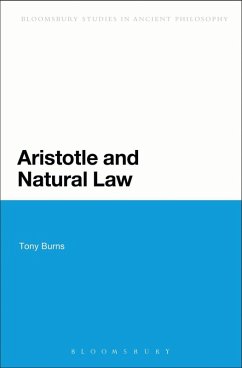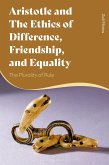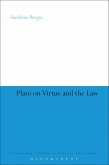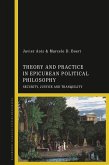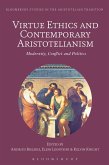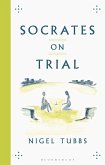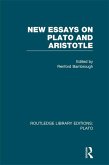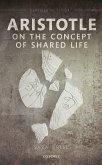Aristotle and Natural Law lays out a new theoretical approach which distinguishes between the notions of 'interpretation,' 'appropriation,' 'negotiation' and 'reconstruction' of the meaning of texts and their component concepts. These categories are then deployed in an examination of the role which the concept of natural law is used by Aristotle in a number of key texts. The book argues that Aristotle appropriated the concept of natural law, first formulated by the defenders of naturalism in the 'nature versus convention debate' in classical Athens. Thereby he contributed to the emergence and historical evolution of the meaning of one of the most important concept in the lexicon of Western political thought. Aristotle and Natural Law argues that Aristotle's ethics is best seen as a certain type of natural law theory which does not allow for the possibility that individuals might appeal to natural law in order to criticize existing laws and institutions. Rather its function is to provide them with a philosophical justification from the standpoint of Aristotle's metaphysics.
Bitte wählen Sie Ihr Anliegen aus.
Rechnungen
Retourenschein anfordern
Bestellstatus
Storno

